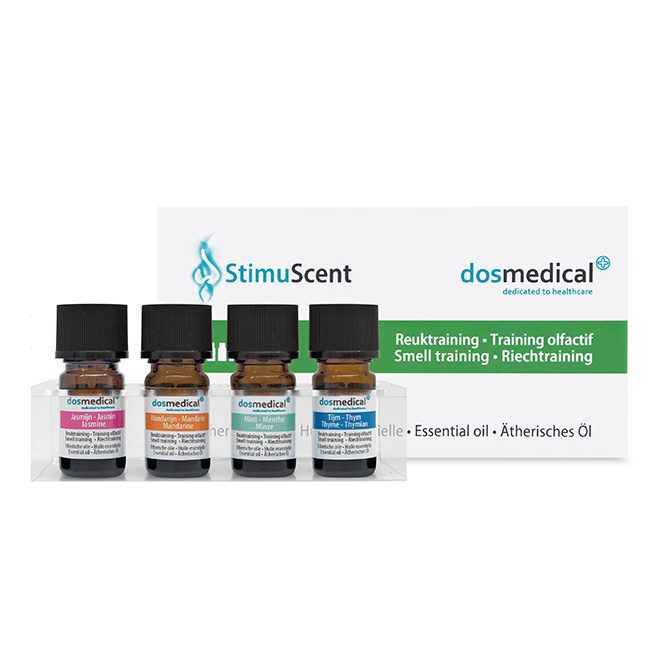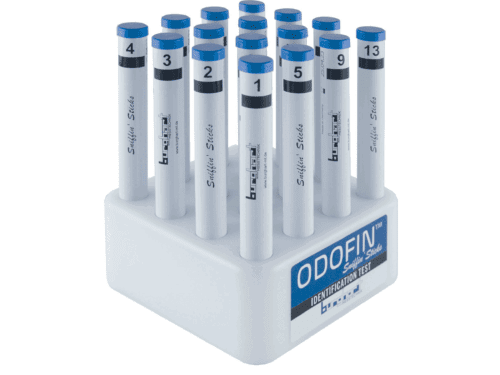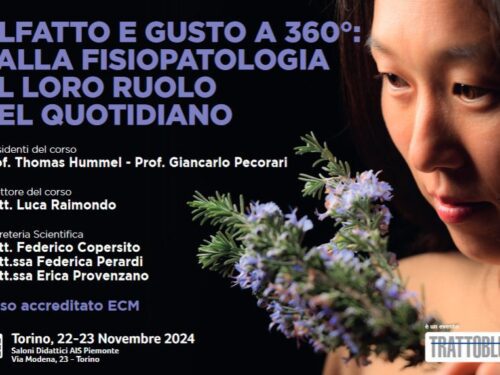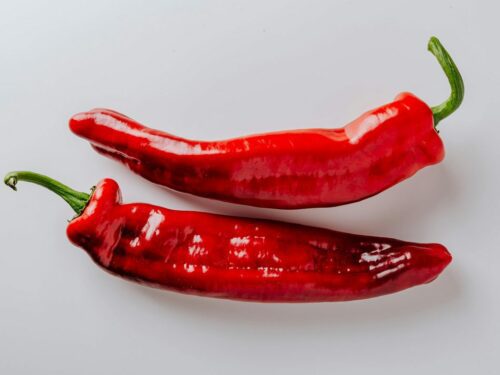
The COVID-19 outbreak and contamination are often accompanied by a loss of smell and taste. In addition to the usual symptoms of the flu, loss of smell and taste can be the result of a COVID-19 contamination. We also see that after the infection has recovered, people continue to suffer from a decreased sense of smell and taste for quite some time. Recently, attention was paid to this topic in the Dutch Plus magazine, which also mentioned our smell training sets.
People who recover from the virus often recover slowly, with a name associated with the slow recovery, which is: CAS (COVID-19 Associated Syndrome). Long Alliance Netherlands has issued a guide for CAS, especially for healthcare providers. Characteristics of CAS include muscle weakness, sleep disorders, shortness of breath, but also long-term loss of smell and taste. The consequences of this can be reduced food intake with possible weight loss, malnutrition and muscle mass loss. This hinders recovery but also the quality of life.
What can I do if I suffer from smell loss?
There are several actions that we recommend to take, some of which are detailed below.
Smell training
What many people do not know is that you can train your sense of smell. By consciously smelling a number of scents every day, you can train the olfactory function. The idea behind smell training is that you re-link ”smells” to actual situations or objects. To train your sense of smell there are smell training kits available. More information about smell training can be found on this page.
Register for a survey
The University of Wageningen in the Netherlands is conducting research into the smell and loss of taste in the corona virus in a worldwide collaboration. You could be part of the test panel by answering some questions that contribute to the research. By participating in this study, researchers can gain more clarity about the treatment and the cause of the loss of smell. The GCCR invites everyone who thinks they have had COVID-19 in the past two weeks to complete the questionnaire, which consists of questions such as: ‘Do you find chili pepper to be more or less spicy?’ ‘Does garbage smell less bad than usual?’; and ‘Have you been diagnosed with COVID-19?’ In addition, participants are asked whether they suffer from other conditions that may be associated with a loss of smell and taste, such as hay fever or diabetes – this is to ensure that the symptoms are in fact caused by COVID-19.
Visit your doctor
A visit to a doctor is a logical but also important step. As mentioned earlier, loss of smell can be linked to hay fever and diabetes, but also to Parkinson’s disease. It is therefore useful to have yourself examined. There also hospitals worldwide who have a specialized department
for ear, nose and throat treatments and research.







